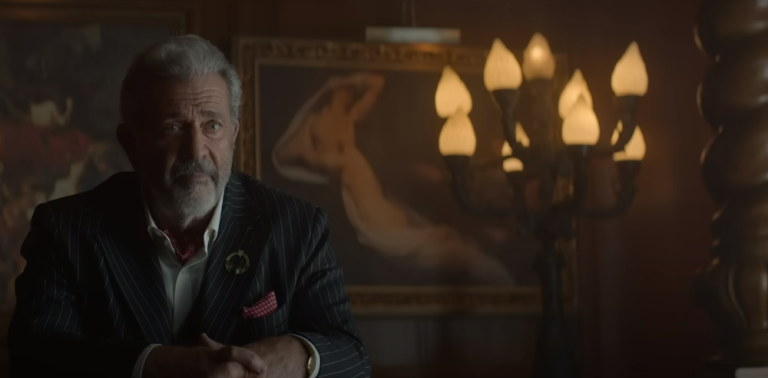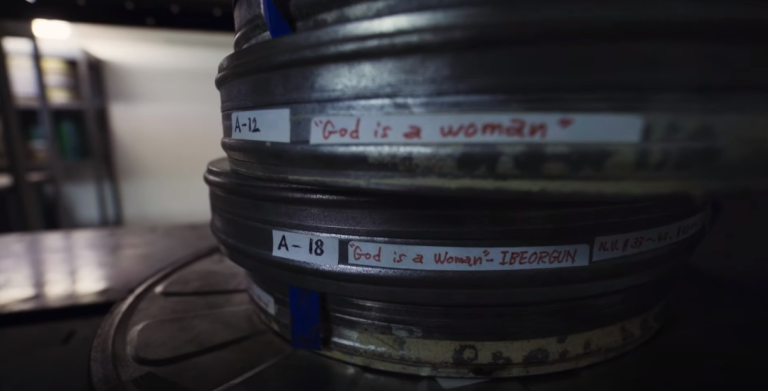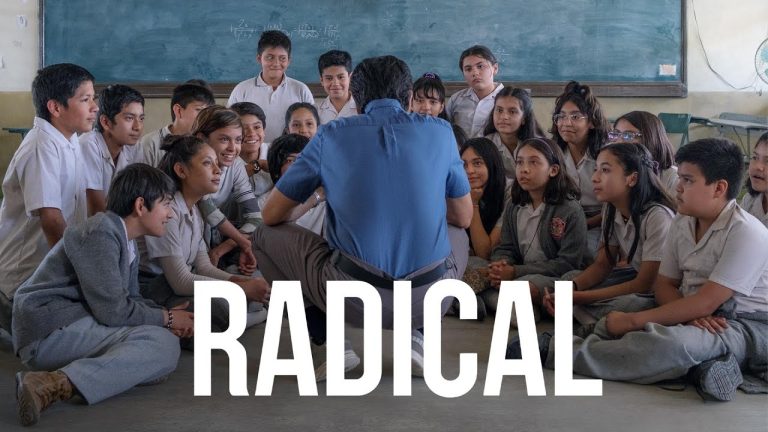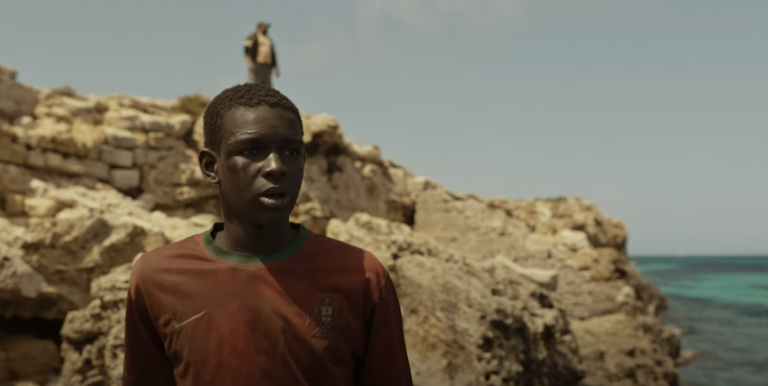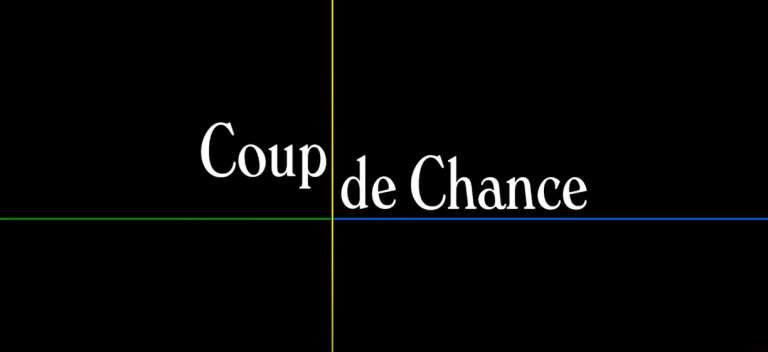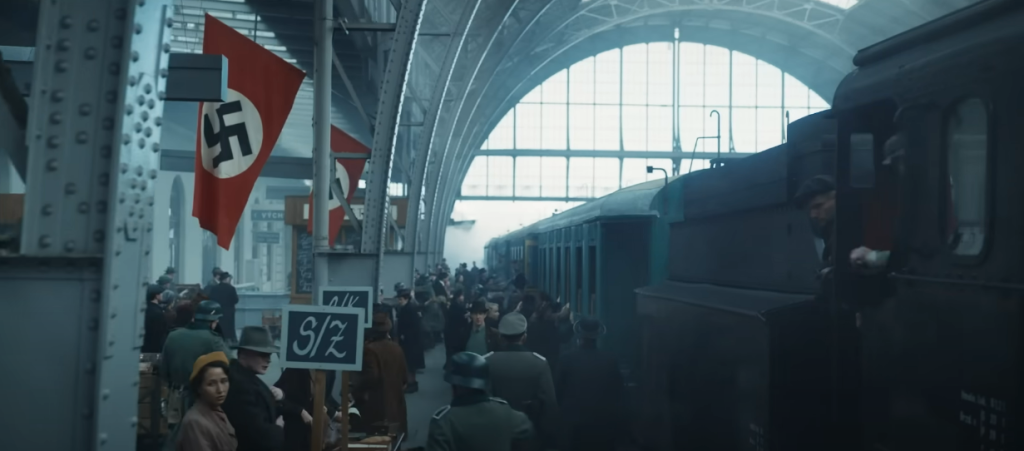
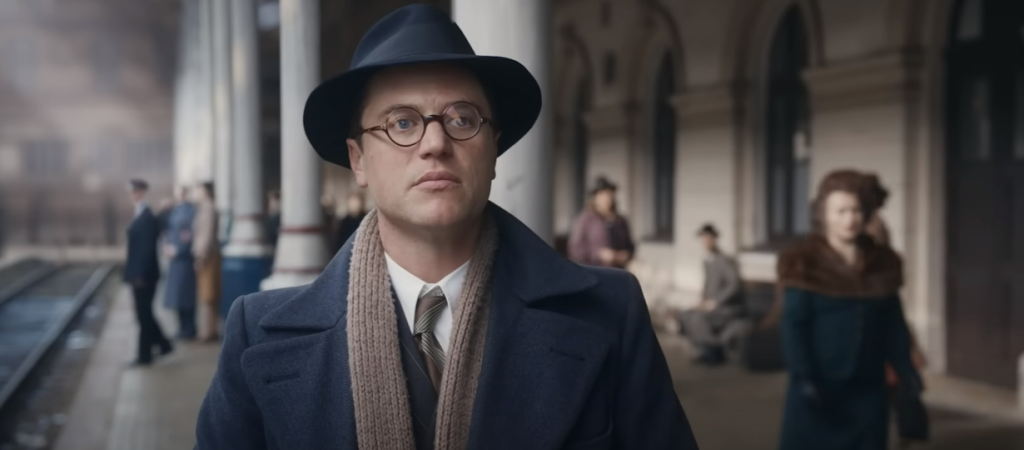
In a poignant video moment, Nicholas Winton, a venerable British figure, finds himself watching an episode of “That’s Life,” where the host unveils Winton’s heroic deeds in rescuing hundreds of children from Prague during World War II. These children, unaware of their savior until that very instant, witness one of their own, now an adult, seated beside Winton. In a subsequent episode, the entire audience is revealed to be comprised of those rescued by Winton, further underscoring the profound impact of his actions.
This extraordinary narrative has been immortalized in the touching film “One Life.” Anthony Hopkins portrays Nicholas Winton during the 1980s, while Johnny Flynn encapsulates him during the late 1930s through flashback sequences. The movie poignantly illustrates the profound influence a single individual can have on countless lives.
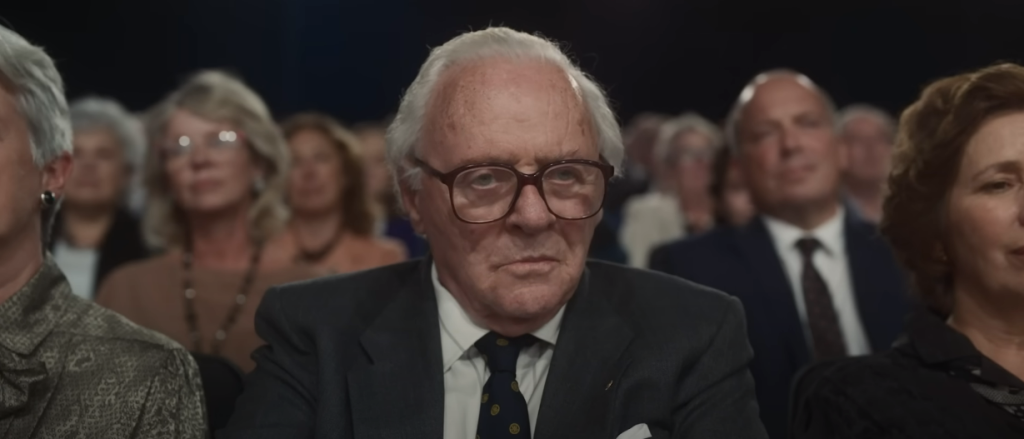
Nicholas Winton was born two years after his German parents immigrated to the UK in 1907. Originally named Wertheim, they adopted the surname Winton to assimilate more seamlessly into British society amid fears of an impending world war. Despite the family’s conversion from Judaism, Winton himself was baptized. Although he worked as a stockbroker, he identified as an agnostic and a socialist, as he candidly conveyed to a Czech rabbi questioning his motives for aiding displaced children.
“Everyone in Prague is desperate to leave,” remarks Winton’s mother, portrayed by Helena Bonham Carter, wryly observing her son’s determination to aid those in need amidst mounting turmoil. With the annexation of the Sudetenland region by Germany, refugees in Prague faced dire circumstances. However, the Kindertransport trains, facilitating the rescue of refugee children, were only authorized for Germany and Austria, not Czechoslovakia.
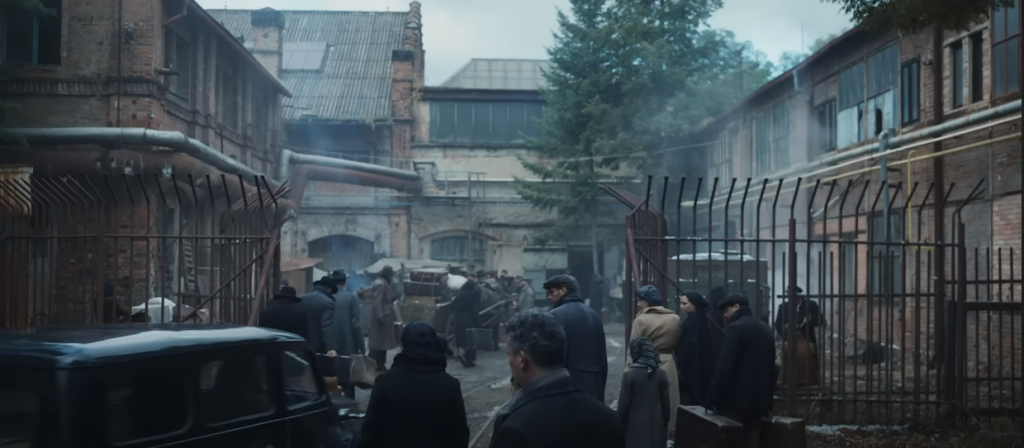
In Prague, a handful of weary British citizens were providing assistance, primarily focused on activists imperiled by potential Nazi persecution. Winton, however, prioritized the children. Despite encountering numerous obstacles, including reluctance from locals and refugees to disclose information for fear of Nazi retaliation, bureaucratic impediments in the UK and other nations, and the necessity of securing £50 and foster homes for each child, Winton persisted. With the unwavering support of his resolute mother, steadfast friends in the UK and Prague, and relentless efforts to obtain visas and coordinate transportation, they successfully orchestrated the safe passage of over 600 children on eight trains bound for England. Tragically, the ninth train, scheduled to depart on the day war was declared, fell prey to Nazi interception.
As Winton, prompted by his wife, sifts through piles of paperwork in his cluttered home office, memories of the children he couldn’t save come flooding back. With timidity, he shares his scrapbook chronicling the rescue operation with the local newspaper, only to be met with disinterest. Undeterred, he turns to Betsy Maxwell, the wife of media magnate and Czech refugee Robert Maxwell. Recognizing the significance of his narrative, she provides the long-overdue recognition it merits.
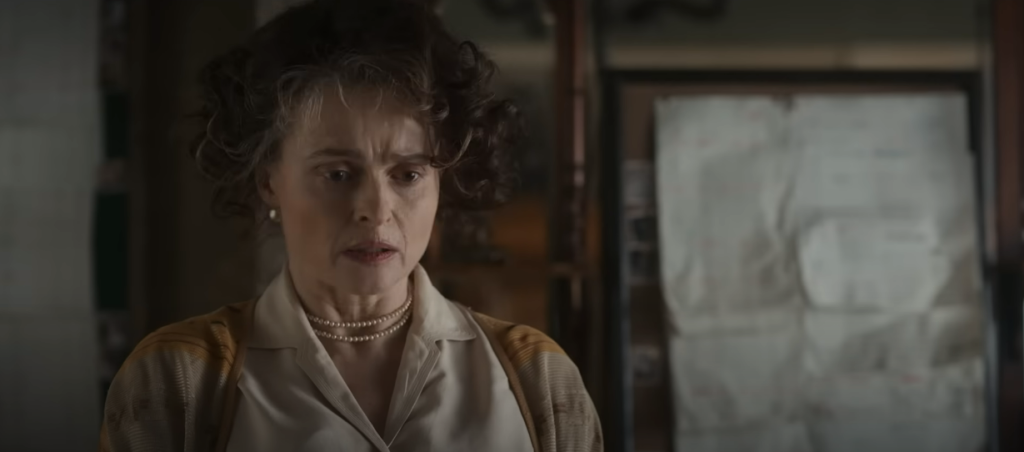
While the flashback sequences in the film aim to captivate, they fall short in comparison to the segments featuring Anthony Hopkins, partly due to the anticipation surrounding the televised revelation but also because of the movie’s deeper exploration of themes of purpose and significance. However, the film does not adequately convey the challenges inherent in rescuing the children, although the metaphor of Winton’s pool feels somewhat heavy-handed. Nevertheless, when he reunites with the children he saved, now flourishing adults, it crystallizes his life’s purpose and conveys everything we need to comprehend about his remarkable legacy.
| Aspect | Summary |
|---|---|
| Story Overview | Nicholas Winton’s heroic acts during World War II, rescuing hundreds of children from Prague. |
| Film Adaptation | “One Life” portrays Winton’s story, with Anthony Hopkins and Johnny Flynn in leading roles. |
| Personal Background | Winton’s family history, conversion from Judaism, and his identity as an agnostic socialist. |
| Challenges Faced | Overcoming bureaucratic hurdles and resistance to rescue children amidst Nazi occupation. |
| Recognition Efforts | Winton’s struggle for recognition, culminating in acknowledgment by Betsy Maxwell. |
| Reflections on Film | Film’s portrayal of flashback scenes and Anthony Hopkins’ performance. |
| Themes Explored | Exploration of purpose and meaning, with mixed reception of metaphorical elements. |
| Impact of Winton’s Work | Seeing the rescued children grown up brings clarity and closure to Winton’s life. |

